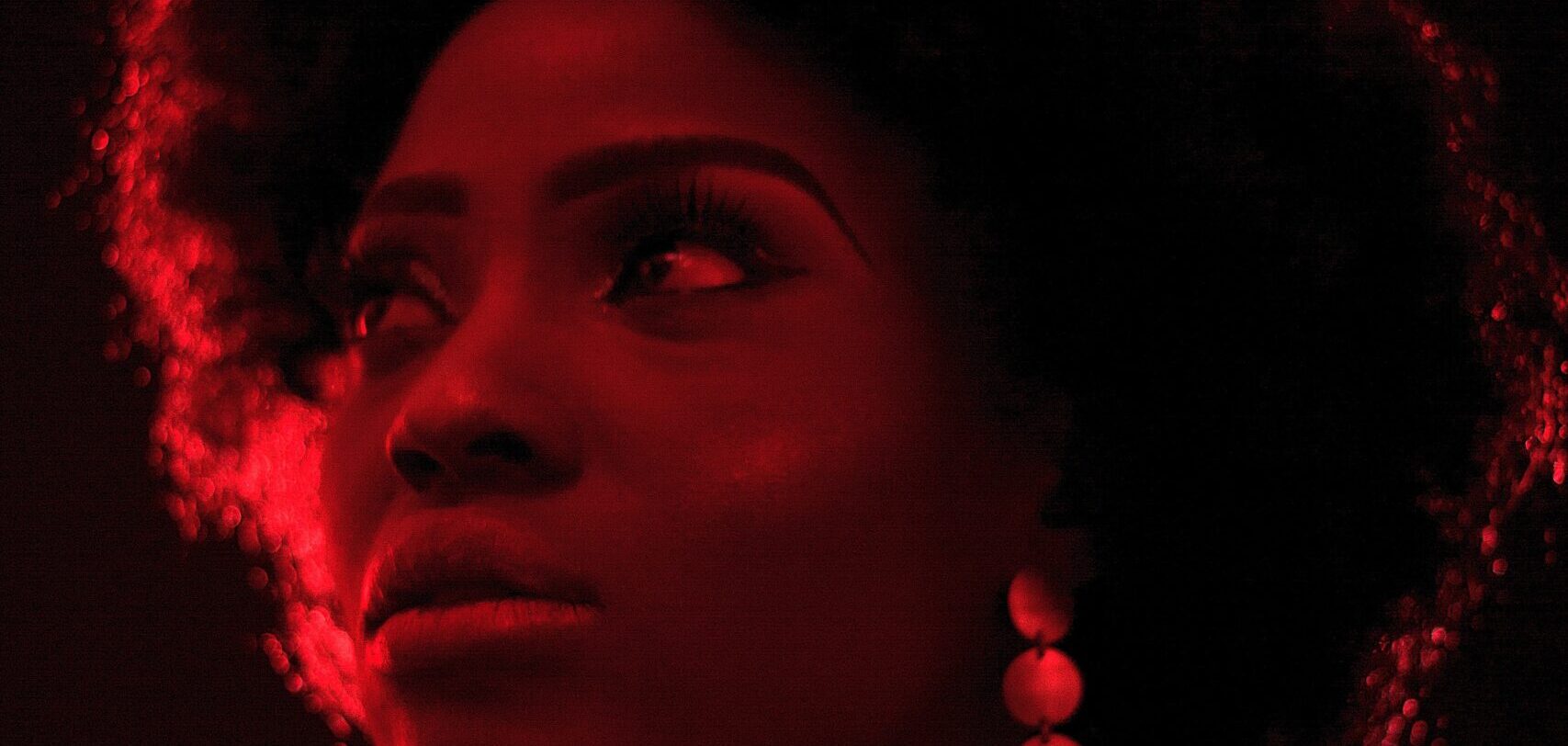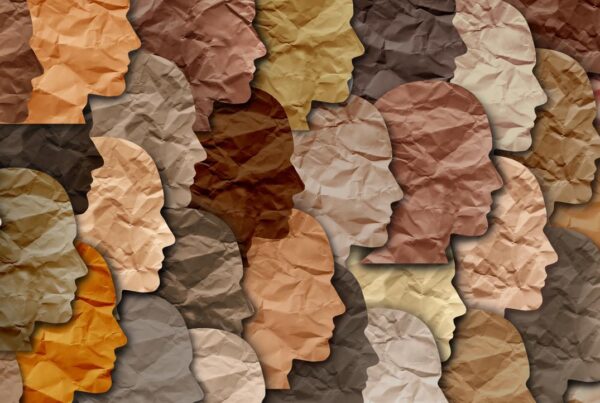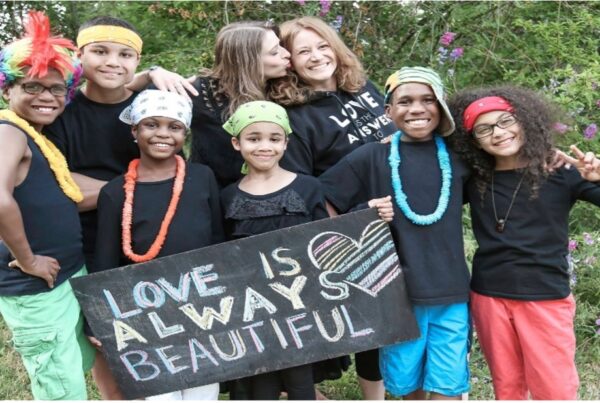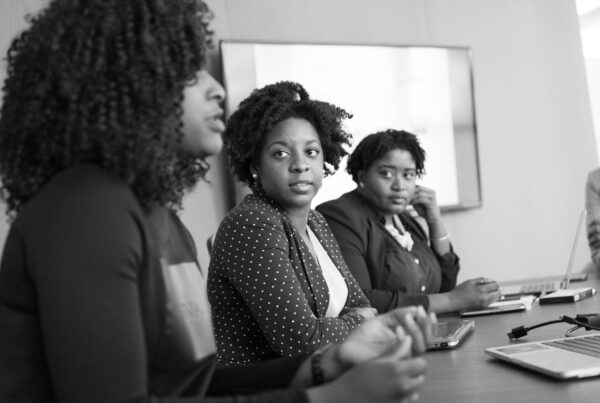The tragic disappearance and murder of Sarah Everard has sparked a National conversation about U.K. police, their opinions and treatment of women which was made worse by the tactics police used on women attending a vigil. I’m pleased to see this conversation sparked, but it took the heartbreaking death of a white woman for it to happen. Now the news headline is Police Vs Women, but what about the experiences of Black women specifically? I’m sure there are people reading this thinking ‘why is everything about race?’ As Black women, the world we live in means that race plays a part in everything; even when we wish it didn’t.
Sadly, whenever I stand in a room full of Black women, I am aware that the intersectional realities we face mean that most of us have faced some sort of harsh reality when it comes to the Police. Not in the negative or stereotyped ways the media would have you believe; our negative encounters with the police come about more so as victims, not perpetrators. Mostly because Black and ethnic minority women, sexual assault and violence are incredibly pervasive issues that go unreported and unaddressed.
The number of women accessing a specialist domestic violence service for those of African and Caribbean heritage has increased by more than 300% since lockdown. Yet, 80% of women who disclose abuse won’t report it to the police.
I’ve shared my personal story many times and will continue to because our experiences with the police plays a role in so many different areas of our lives.
After my former partner tried to murder me, my denial and several factors led to my delay in speaking up. I was concerned about how the police might treat a Black man; It didn’t occur to me that he didn’t deserve my loyalty or concern but years later it occurred to me how serious it is that I even thought that way. I didn’t tell my family. You only have to read stories like Cyntoia Brown to know that when Black survivors of abuse defend themselves, they too are at risk of imprisonment.
So, knowing how loved I am by my family, I feared that by telling them they’d be compelled to do something about it, I knew they’d be distressed and angry and I didn’t want them to pay for his actions. Nothing prepared me for the new feelings I had to encounter, the trauma that all abuse survivors know only too well. I had always been noticeably confident, and yet this new version of me was constantly looking over my shoulder. I didn’t feel the police were an option; I didn’t feel they’d hear me. I felt paranoid and vulnerable, and I suspected they’d compound these feelings, not ease them. I avoided the area he lived in, I invested in security cameras and was careful about what I said to people in case he found out where I was and came back to finish what he started. I worried for his new victims. I told my closest friends, as domestic abuse victims often do when we know in our gut that somebody wants us dead, ‘If anything should ever happen to me… it’s him’. It was a new type of fear and vulnerability I had never experienced. And still, I didn’t call the police.
Black women fear that their intersections will mean they will face racial stereotypes instead of support and that their complaints will be dismissed and ultimately, they will be failed as victims. I know I did.
Growing up in the 1970’s was an education. The change has been minimal as Black people are still eight times more likely than White people to be stopped and searched by police. Police are five times more likely to use force against Black people than white people. Black people in England and Wales were twice as likely as White people to be detained by police under the Mental Health Act last year. Research shows that two-thirds of minority ethnic Britons believe the police and criminal justice system are biased against them.
“Women want the abuse to stop but we know what happens to black men in police custody. These women do not want to risk their abusers being hurt or murdered. Women have been asked by police, ‘if you were slapped where is the mark on your face?’ – but we don’t bruise like Caucasian women. Others might be told, “you are a tough Caribbean woman, I don’t think anyone would mess with you. Furthermore, the Caribbean community is reeling from the Windrush Scandal which has fuelled fear and distrust of the establishment. Even those who have supposedly secure British citizenship are afraid to go the police with their problems.” Ngozi Fulani
Fear and distrust of the establishment. For Black women, when abuse occurs, it turns out I wasn’t alone in my hesitation as we are less likely to be believed and supported. The few reports have found that Black girls are perceived to be more independent, more knowledgeable about sex, and in less need of protection. An example of how our stereotypes and intersections work against us when we need help the most.
This issue plays a part in the tragic case of Sarah Everard, I was deeply disturbed by this case and believe Sarah deserved every bit of the concern, media attention and focus she received but I couldn’t help but wonder why so many of the missing black women I’ve read and felt for never achieve the same daily media headlines as Sarah did.
We are a small percentage of the U.K; so, it’s not that I blame people for not identifying with the lives and experiences of black women but ultimately, we are human beings. Our feelings and experiences are valid, and our voices deserve to be heard. 20-year-old Joy Morgan disappeared after leaving church on Christmas Day in December 2018. It was mentioned on the news, but it was never a front-page story. When her body was found in October 2019, it went mostly unreported, and I recently googled Joy to discover she was dead. Sarah Everard deserves every bit of media attention she is getting, and so do we. In 2018 to 2019, 11,631 Black women and girls were reported missing. Not one of them made the daily headlines. This needs to change. Without change, our opinions and fear of the police can never be erased as our layered identities and needs are constantly overlooked and our stereotypes mean we aren’t believed or heard. It’s 2021 and in the wake of the #MeToo, we simply deserve better.





